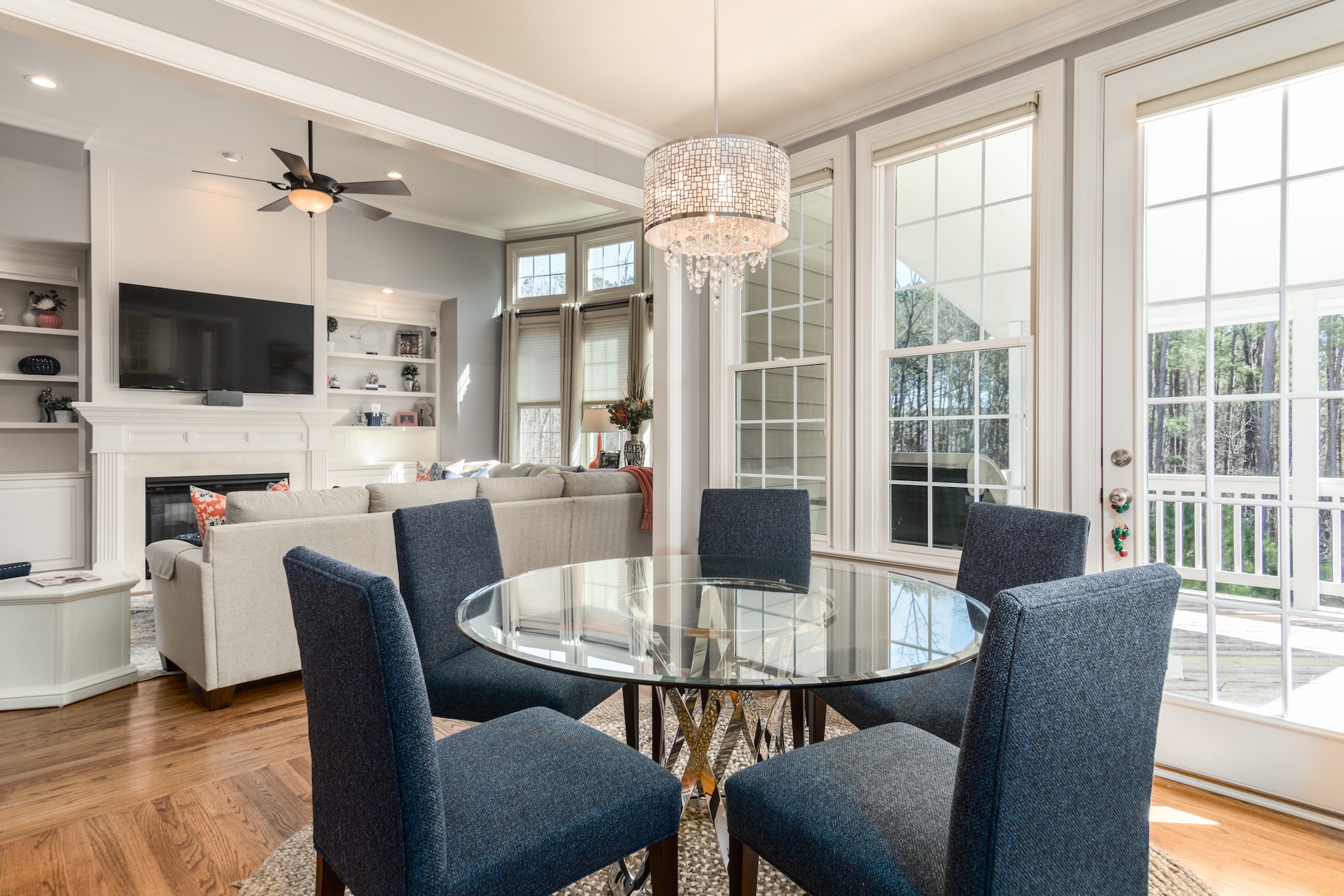
Counting the Cost: A Breakdown of Expenses Involved in Building Your Dream Home
Are you dreaming of building your own home but feeling overwhelmed by the costs involved?
You can build your dream home without breaking the bank. All you need is careful planning and an eye for budgeting.
We’ll take a closer look at all the expenses involved in building a house. From permits and land acquisition to construction materials and labor costs.
As you embark on this exciting journey of creating the perfect home for you and your family, you will be able to make informed decisions based on these key financial considerations.
Payments For a New Construction
When it comes to purchasing a home, one of the biggest expenses is typically the down payment.
But when you factor in closing costs, inspections, and other associated costs, it can quickly add up.
You also have to take into account that the costs don’t just stop once construction is complete. For instance, the property taxes on a new construction home will have to be calculated too so you can ensure that you are able to afford your new home.
Here is a breakdown of some of these costs.
Down Payment
Down payments for homes range from 3% to 25%, with an average down payment of 10%. However, if you are buying a pre-owned home or taking out a mortgage, your down payment may be lower.
Closing Costs
Closing costs can vary depending on the location and size of the house you’re buying, but they can generally include things like title insurance, origination fees (which are charged by the lender), and document preparation fees. In total, closing costs can amount to about 2% to 5% of your purchase price.
Inspections
Inspectors will check for any major structural issues as well as any potential hazards such as radon gas and crawlspaces. This can cost homebuyers around $600 to $1500.
Homeowners Insurance
Depending on your specific policy terms, homeowners insurance may cover both personal property damage (such as theft) and liability claims made by other people living in your home (such as slip-and-fall accidents).
Insurance premiums can cost from $100 per month to $1,000.
Property Taxes
Property taxes on a new construction home can range from around $800 to $4,000 per year, though this figure may be lower in some states.
You’ll also have to pay special assessment fees and other taxes if the home is located in a high-risk area. In total, property taxes on a new home can amount to as much as 10% of its value.
Financing Options
Some options may be more expensive than others, but they all have their benefits.
Here is a breakdown of some of the most common financing options.
Home Equity Loans
This is probably the most popular way to finance a home purchase.
You borrow money from a lending institution such as a bank or mortgage company and use the equity in your home to pay back the loan over time.
The advantage of this option is that you usually receive a fixed interest rate, which means that your payments will stay relatively stable over time.
The downside is that you may need to make large down payments (usually 20% or more of the value of the home). You may also need to live in your house for a minimum period of time (usually 3-5 years).
Credit cards
Another option for borrowing money for a home purchase is to use credit cards.
This can be risky because if you don’t pay your balance off each month, your credit score will suffer and it could be difficult to get another credit card in the future.
The pro of this is that you can usually get lower interest rates than you would on a traditional mortgage, and you don’t have to put down as much money upfront.
The negative is that if you don’t pay your balance off each month, your credit score will likely suffer and it could be difficult to get another credit card in the future.
Private Mortgage Insurance
If you are buying a home with a loan amount greater than 80% of the value of your home, PMI may be required by your lender. The cost of PMI typically ranges from 0.25% to 1.5% of the loan amount. It is usually included in the interest that you pay on your mortgage.
Tax breaks
If you are financing a home purchase through one of the options listed above, you may be eligible for various tax breaks.
These tax breaks can reduce your overall cost of buying a home, and they may even allow you to repay your debt faster than usual.
Maintenance and Upkeep
– Building permit fees: These vary by municipality, but generally average around $200-$1,000.
– Carpentry and Building Trades Workers’ Compensation Insurance: This is typically around $5-$10 per hour for an apprentice or journeyman worker and can go up depending on the size and complexity of the project.
– Landscaping: This can include bushes, trees, plants, and flowers.
– Masonry: Masons charge by the square foot, so this can be expensive if it’s a large project. A basic mason fee runs around $150-$300 per hour.
– Electrician: Electricians charge by the job, so this can also be expensive. A basic electrical job might cost around $250-$500 plus tax.
– Home inspector: Home inspectors charge by the service call (typically about $75), so this is an additional cost you’ll have to budget for if you choose to have one inspected before closing on your home.
– Builder’s premium (aka contingency): This is a mandatory fee that goes into effect when you hire a builder or developer. It ranges from 2% to 6% but usually averages 4%.
Conclusion
Now that you are aware of the costs of a new home construction, are you actually prepared to pay that money or do you require some extra help?

